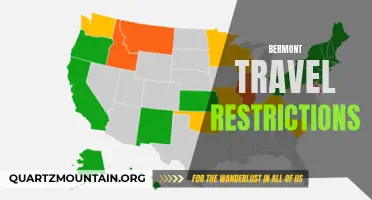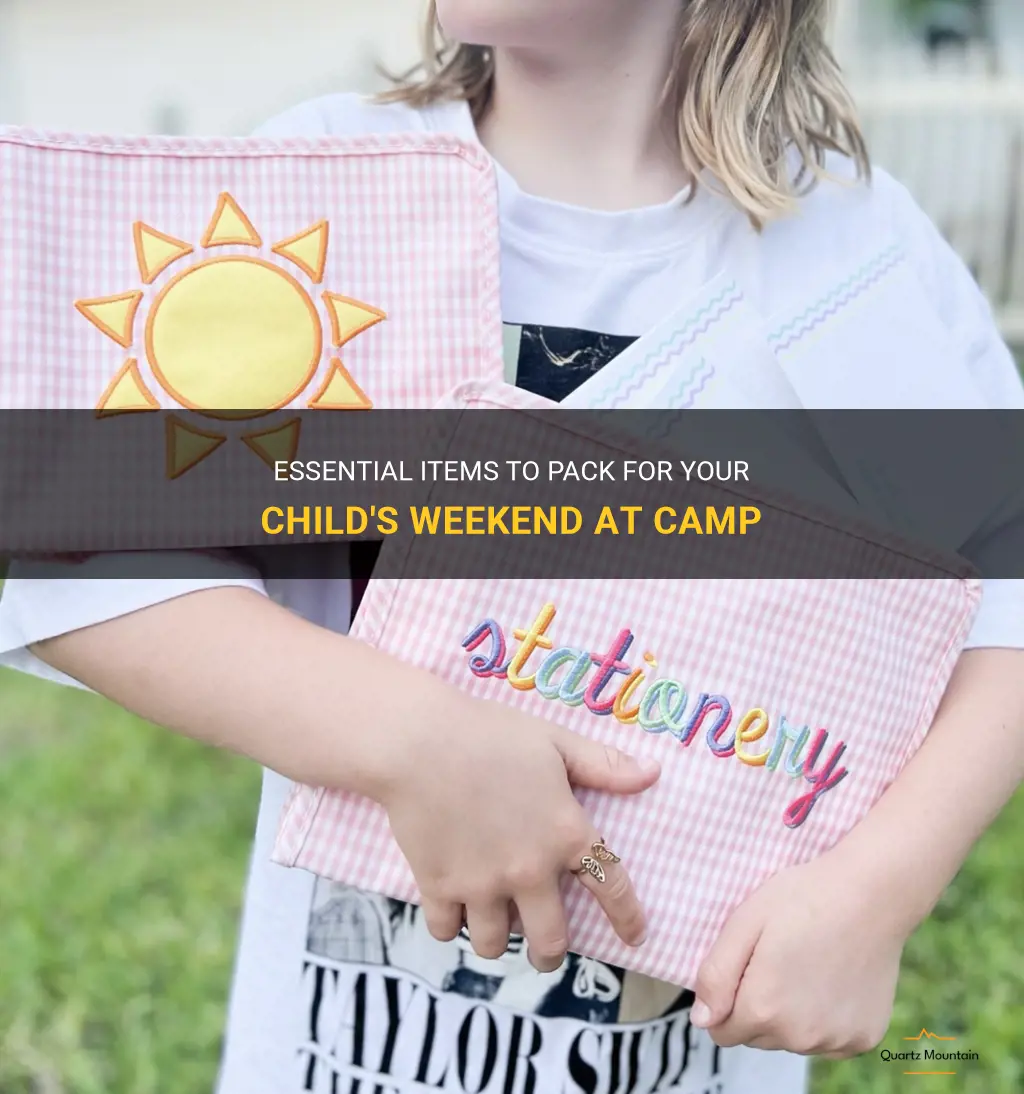
Heading off to camp for the weekend is an exciting adventure for children, filled with new friendships, outdoor activities, and unforgettable experiences. However, making sure your child is well-prepared for their time away is crucial. This means packing all the essential items they need to stay comfortable, safe, and entertained during their weekend away from home. From basic necessities to fun extras, here is a guide to the must-pack items for your child's weekend at camp.
| Characteristic | Value |
|---|---|
| Clothing | 3 outfits |
| Underwear | 3 pairs |
| Socks | 3 pairs |
| Pajamas | 1 pair |
| Swimwear | 1 suit |
| Jacket/Sweater | 1 |
| Hat | 1 |
| Gloves/Mittens | 1 pair |
| Footwear | 2 pairs |
| Toiletries | toothbrush, toothpaste, soap, shampoo, towel |
| Bedding | sleeping bag, pillow |
| Electronics | flashlight, extra batteries |
| First aid supplies | adhesive bandages, antiseptic wipes, pain reliever |
| Recreation items | books, games, playing cards |
| Snacks | non-perishable items, water |
| Money | $20 |
What You'll Learn
- What are the essential clothing items to pack for a child's weekend at camp?
- Should I pack any special equipment or gear for my child's camp activities?
- What toiletries and personal care items should my child bring to camp?
- Are there any specific items my child should bring for sleeping arrangements?
- What are some additional items or considerations to keep in mind when packing for a child's weekend at camp?

What are the essential clothing items to pack for a child's weekend at camp?
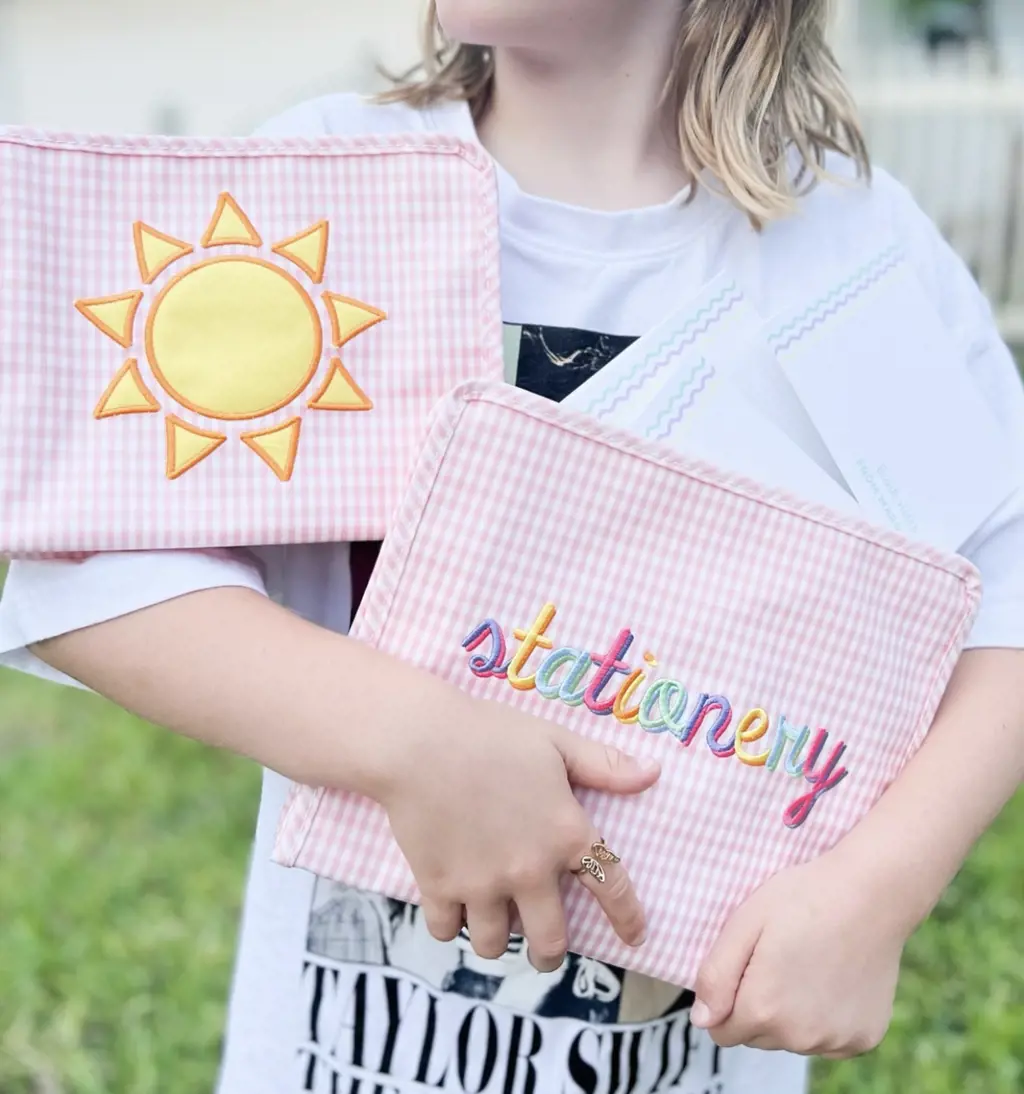
When sending your child to camp for a weekend getaway, it's important to make sure they have all the essential clothing items to keep them comfortable and prepared for various activities. Here is a list of items that every parent should consider packing to ensure their child is well-prepared for their time at camp.
- T-shirts and shorts: Pack enough t-shirts and shorts for each day your child will be at camp. Look for breathable fabric that will keep them cool in hot weather. It's always a good idea to pack a few extra in case they get dirty or wet.
- Sweatshirt or jacket: Even in the summer, nights can get chilly. Pack a lightweight sweatshirt or jacket for your child to layer over their t-shirts for added warmth.
- Long pants: Along with shorts, pack a few pairs of long pants. This will give your child the option to wear pants if the weather turns cool or if they need extra protection while participating in certain activities.
- Underwear and socks: Be sure to pack enough underwear and socks for the entire weekend. It's always a good idea to pack a few extra pairs in case of emergencies or if your child gets wet.
- Swimwear: If the camp has a swimming pool or a lake, your child will need swimwear. Pack a bathing suit, a rash guard, and a towel. Don't forget to also pack a plastic bag to store wet swimwear after use.
- Rain gear: It's always a good idea to be prepared for unexpected rain showers. Pack a lightweight rain jacket or poncho to keep your child dry in case of rain.
- Hat and sunglasses: Protect your child from the sun by packing a hat and sunglasses. Look for a hat with a wide brim to provide extra shade. Sunglasses with UV protection are essential to protect your child's eyes from harmful rays.
- Comfortable shoes: Your child will be participating in various activities, so it's important to pack comfortable shoes. Pack a pair of sneakers that are suitable for walking, running, and other outdoor activities. It's also a good idea to pack a pair of sandals for relaxation time.
- Pajamas: Don't forget to pack comfortable pajamas for your child to wear at night. Choose lightweight and breathable fabric for a good night's sleep.
- Extra clothes: Accidents can happen at camp, so it's always a good idea to pack a few extra sets of clothes. This includes underwear, socks, and t-shirts. Pack these in a separate bag labeled with your child's name.
Remember to also pack any specific clothing items or gear that may be required for camp activities such as hiking boots, a life jacket, or a bike helmet. It's always a good idea to check with the camp for any specific clothing requirements. By packing these essential clothing items, you can ensure that your child is comfortable and prepared for an exciting weekend at camp.
Essential Items for UT Freshman Orientation: A Complete Packing Guide
You may want to see also

Should I pack any special equipment or gear for my child's camp activities?
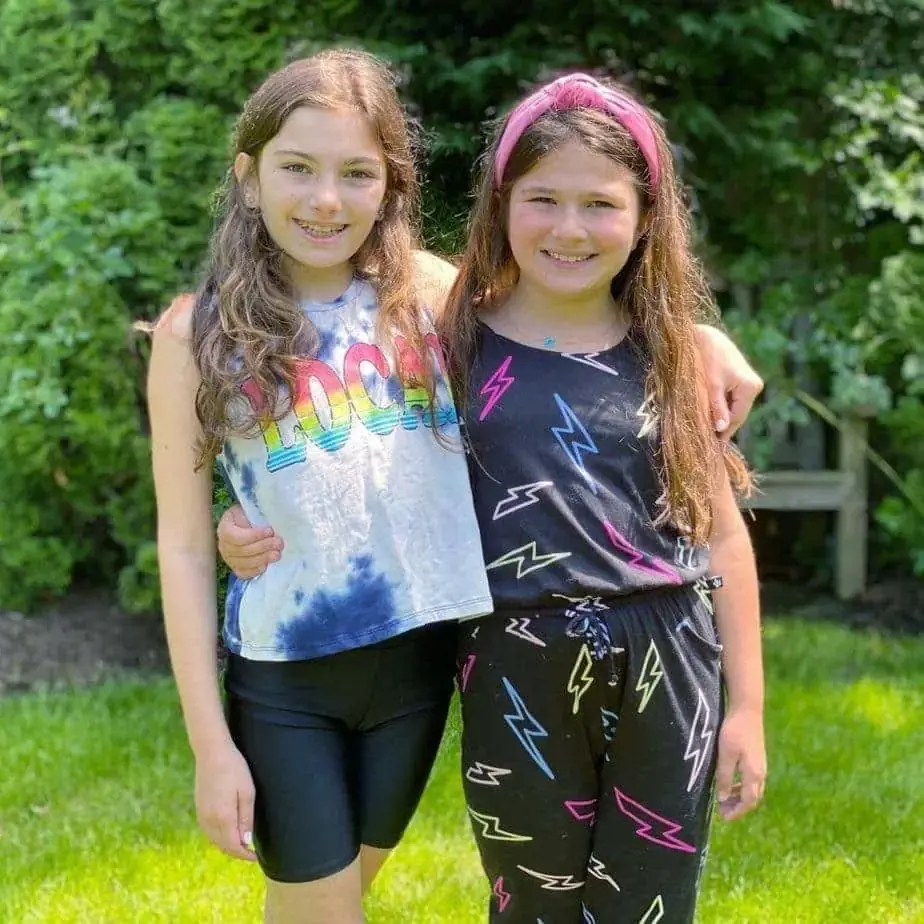
When sending your child off to camp, it's important to ensure they have everything they need to fully participate in the activities. While most camps provide a list of recommended items to pack, it's a good idea to consider any special equipment or gear that your child may require.
One important factor to consider is the specific activities that your child will be participating in at camp. Different camps offer a variety of activities, such as hiking, swimming, horseback riding, and arts and crafts. If your child is taking part in activities like hiking or horseback riding, they may need specific equipment, such as hiking boots or a helmet. It's important to research the activities offered at the camp and determine if any additional gear is necessary.
Another factor to consider is your child's age and size. If your child is younger or smaller in stature, they may require specialized equipment, such as a smaller life jacket or a child-sized kayak paddle. It's important to ensure that your child's equipment fits properly and is appropriate for their size and skill level. This will not only ensure their safety but also enhance their enjoyment of the activities.
It's also worth considering the climate and weather conditions at the camp location. If the camp is in a hot climate, your child may need a wide-brimmed hat or sunscreen to protect them from the sun. On the other hand, if the camp is in a colder climate, your child may need warm clothing, such as thermal underwear or a winter coat. It's important to pack appropriate clothing and gear to ensure your child is comfortable throughout their time at camp.
Lastly, it's important to communicate with the camp staff to determine what equipment and gear they provide. Some camps may provide equipment, such as kayaks or archery bows, while others may require you to bring your own. Understanding what is provided by the camp will help you determine what additional equipment or gear you need to pack.
To summarize, when deciding whether to pack any special equipment or gear for your child's camp activities, consider the specific activities offered at the camp, your child's age and size, the climate and weather conditions, and the equipment provided by the camp. By taking these factors into account and packing accordingly, you can ensure that your child is fully prepared and equipped to participate in all the camp activities.
10 Delicious and Nutritious Foods to Pack in Your Bento Box
You may want to see also

What toiletries and personal care items should my child bring to camp?
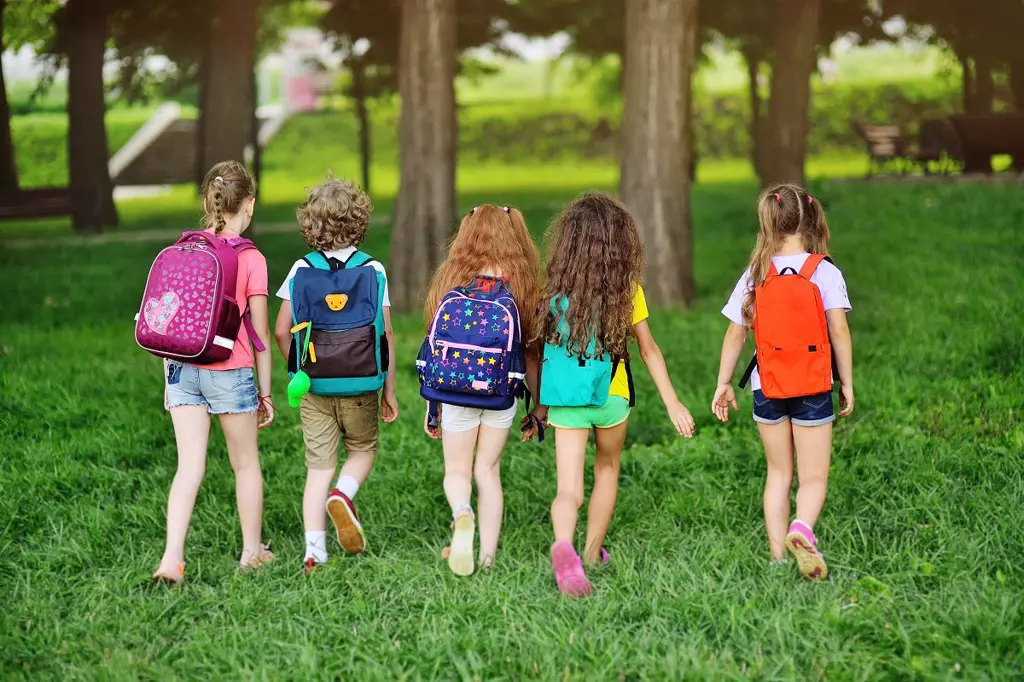
When sending your child to camp, it's important to make sure they have all the necessary toiletries and personal care items to ensure their comfort and hygiene. Here are some essential items your child should pack for their time at camp:
- Toothbrush and Toothpaste: It's crucial for your child to maintain good oral hygiene while at camp. Make sure they have a toothbrush and toothpaste to brush their teeth at least twice a day.
- Soap and Shampoo: Provide your child with a bar of soap or body wash along with shampoo. Encourage them to shower daily to stay clean and fresh.
- Hairbrush or Comb: A hairbrush or comb will help your child keep their hair tangle-free and well-groomed. If your child has long hair, you may also want to include hair ties or clips to keep their hair out of their face during activities.
- Deodorant: As your child will be participating in various physical activities, it's essential to pack a deodorant to keep them smelling fresh. Look for a mild deodorant suitable for kids to avoid skin irritation.
- Sunscreen: Sunscreen is vital to protect your child's skin from harmful UV rays. Choose a water-resistant sunscreen with a high SPF, and remind your child to apply it before going outdoors. It's a good idea to pack a travel-sized sunscreen that your child can keep with them during outdoor activities.
- Insect Repellent: Some camps may be located in areas with mosquitoes or other insects. Packing insect repellent can help protect your child from mosquito bites and other insect-related discomfort. Look for a kid-safe insect repellent that is effective against both mosquitoes and ticks.
- Lip Balm: Camp activities can sometimes lead to dry or chapped lips, especially if your child spends a lot of time outdoors. Packing a lip balm with SPF can keep their lips moisturized and protected from sun damage.
- Hand Sanitizer: In addition to regular hand washing, packing a travel-sized hand sanitizer can come in handy when soap and water are not readily available. Encourage your child to use it before meals and after using shared facilities.
- Feminine Products (if applicable): If your child menstruates, ensure they have an adequate supply of feminine products, such as pads or tampons. It's also a good idea to include some disposal bags for easy and discreet disposal.
- Prescription Medications: If your child requires any prescription medications, be sure to pack enough for their entire stay. Provide clear instructions to the camp staff on when and how the medication should be administered.
Remember to pack these toiletries and personal care items in a sturdy, waterproof bag or toiletry kit. Label everything with your child's name to avoid mix-ups or loss. It's also a good idea to discuss with your child the importance of personal hygiene and how to use these items effectively.
In conclusion, packing the right toiletries and personal care items for your child's camp experience is crucial to ensure their comfort and well-being. By including essentials like toothbrushes, soap, sunscreen, and medications, you can help your child stay clean, healthy, and ready to enjoy their time at camp.
Essential Items to Pack for Your Baby Prior to Going Into Labor
You may want to see also

Are there any specific items my child should bring for sleeping arrangements?
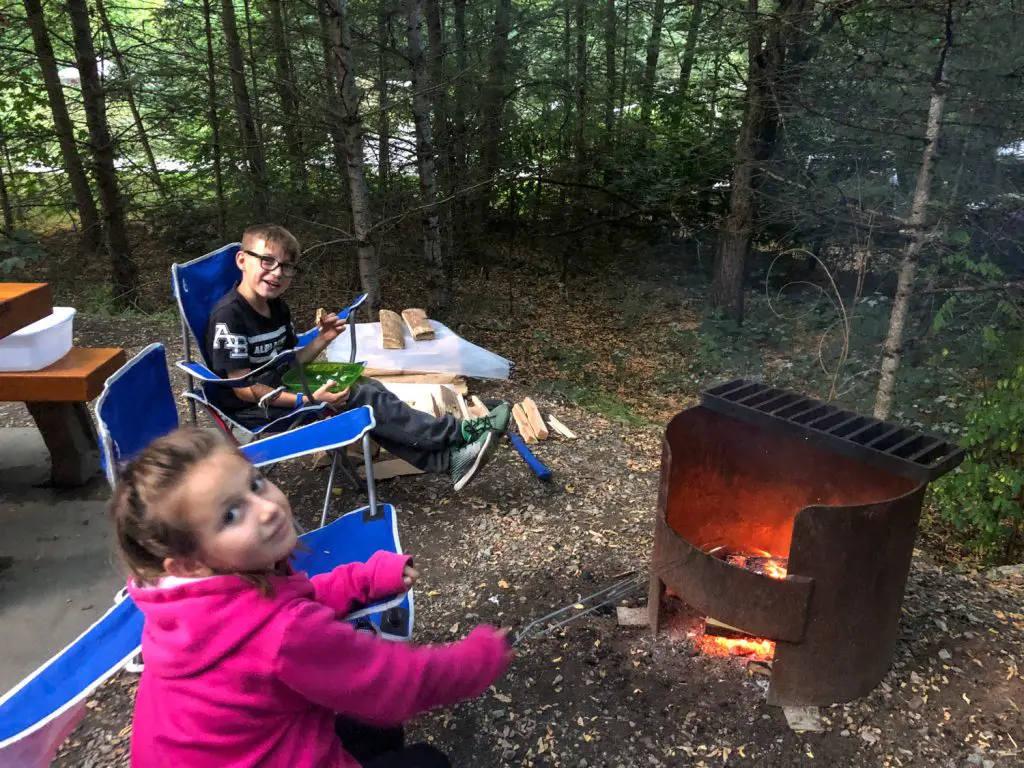
When planning for a child's sleeping arrangements, it’s important to ensure they have the necessary items to promote comfort and safety. Here are some specific items your child should bring:
- Sleeping bag or bedding: A comfortable sleeping bag or bedding is essential for a good night's sleep. If your child prefers to sleep on a mattress or pad, make sure they have appropriate bedding to keep them warm and comfortable.
- Pillow and pillowcase: Having a cozy pillow can make a big difference in your child's comfort while sleeping. Make sure they bring their own pillow and pillowcase to make it feel more familiar and enjoyable.
- Blanket: Depending on the temperature and climate, your child may also need a blanket to stay warm during the night. Consider the weather and provide a suitable blanket to ensure their comfort.
- Pajamas or sleeping clothes: Encourage your child to bring comfortable pajamas or sleeping clothes for a good night's sleep. Loose-fitting and breathable fabrics such as cotton or bamboo are ideal options.
- Sleep mask and earplugs: If your child is sensitive to light or noise, consider providing them with a sleep mask or earplugs to help create a peaceful and uninterrupted sleep environment.
- Stuffed animal or comfort item: Many children have a favorite stuffed animal or comfort item that helps them feel secure and relaxed. If your child has a special toy or item, encourage them to bring it along for added comfort.
- Nightlight or bedside lamp: If your child is afraid of the dark or needs a little extra comfort at night, consider providing a nightlight or bedside lamp to create a soothing and familiar environment.
- White noise machine or music: Some children find it easier to fall asleep with a white noise machine or calming music. If your child benefits from these sound options, ensure they have access to them during their sleepovers or trips.
- Sleep hygiene items: Don't forget about essential sleep hygiene items like toothbrush, toothpaste, and floss. Encourage your child to maintain their regular bedtime routine to promote a restful sleep experience.
Remember, every child is unique, and their sleeping preferences may vary. It's important to communicate with your child and understand their specific needs to ensure they have the necessary items for a comfortable and enjoyable sleeping arrangement.
Preparing for an Unforgettable Trip: What to Pack for Peru in December
You may want to see also

What are some additional items or considerations to keep in mind when packing for a child's weekend at camp?
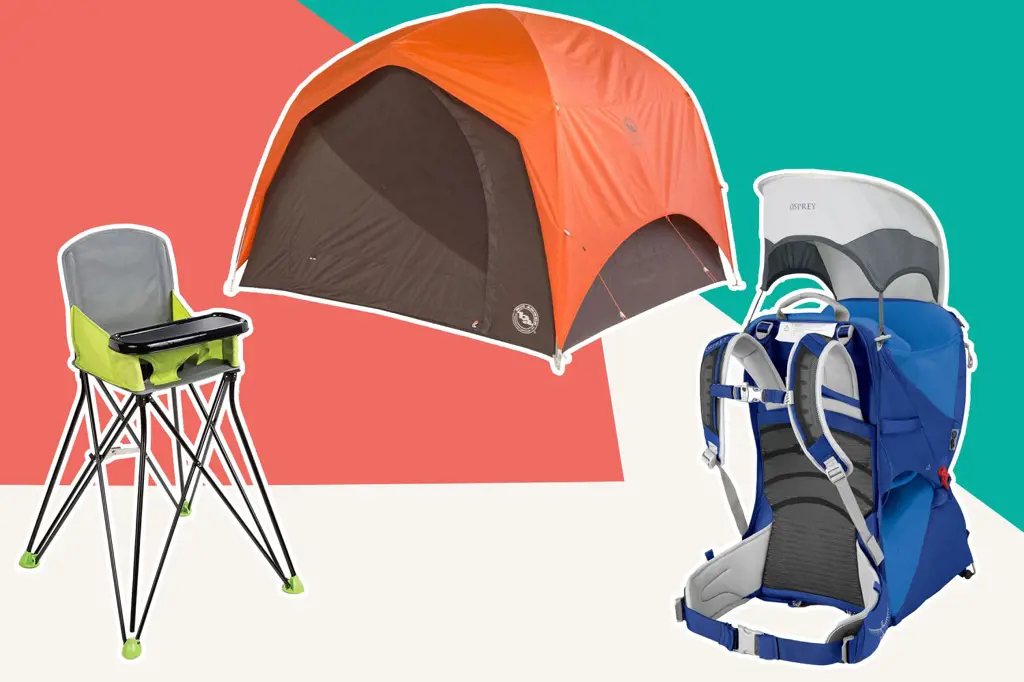
When packing for a child's weekend at camp, it is important to consider not only the basic essentials, but also some additional items that can enhance their experience and ensure their safety. Here are some things to keep in mind when packing for a child's weekend at camp:
- Clothing: Pack enough clothes for the duration of the camp, plus a few extra outfits in case of accidents or bad weather. It is also a good idea to pack clothes that are suitable for outdoor activities, such as hiking boots, rain gear, and warm layers for cooler evenings.
- Personal hygiene items: Include essentials like toothbrushes, toothpaste, soap, shampoo, and a towel. It is also a good idea to pack sunscreen and insect repellent to protect your child from the sun and bugs.
- Bedding: Most camps provide bunk beds or cots, but you will need to pack bedding such as sheets, a blanket, and a pillow. You may also want to pack a sleeping bag for added comfort or for outdoor sleeping activities.
- Medications and first aid: If your child takes any medications, make sure to pack enough for the duration of camp and provide clear instructions to camp staff. Additionally, pack a basic first aid kit with band-aids, antiseptic cream, and any other necessary items.
- Snacks: While most camps provide meals and snacks, it is a good idea to pack some extra snacks that your child enjoys. This can provide them with a sense of comfort and familiarity during their time away from home.
- Entertainment: Help your child pass the time during downtime by packing some entertainment items, such as books, magazines, card games, or small toys. This can also help them make new friends and keep them engaged during their time at camp.
- Special considerations: If your child has any special needs or requirements, be sure to communicate this to the camp staff in advance. This can include dietary restrictions, allergies, or any other important information that may affect your child's experience at camp.
Overall, it is important to pack thoughtfully and consider the specific needs and preferences of your child. By taking these additional items and considerations into account, you can ensure that your child is well-prepared and has a memorable and enjoyable experience at camp.
Essential Items to Include in Your Hospital Bag for a Week-Long Stay
You may want to see also
Frequently asked questions
It's important to pack clothes that are appropriate for the weather and activities at the camp. Include items such as t-shirts, shorts, pants, underwear, socks, and pajamas. Also, don't forget to pack a swimsuit and towel if there is a chance for swimming.
Essential toiletries include toothbrush, toothpaste, soap, shampoo, conditioner, and any other personal hygiene products your child uses. It's also a good idea to pack sunscreen and bug spray to protect your child from the sun and insects.
It's important to pack comfortable and sturdy footwear for your child for camp. Sneakers or hiking shoes are ideal for most activities, as they provide support and protection for your child's feet. If the camp involves water activities, also pack sandals or water shoes that can be worn in the water.
Most camps require campers to bring their own bedding. You'll need to pack a sleeping bag or blankets, pillows, and a sheet to cover the mattress or sleeping pad provided by the camp. It's also a good idea to pack an extra blanket in case it gets cold at night.
In addition to the essentials mentioned above, there are a few other items that you should pack for your child's weekend at camp. These include a reusable water bottle, flashlight, snacks (if allowed), a backpack or duffle bag to carry their belongings, and any necessary medication or medical supplies.





